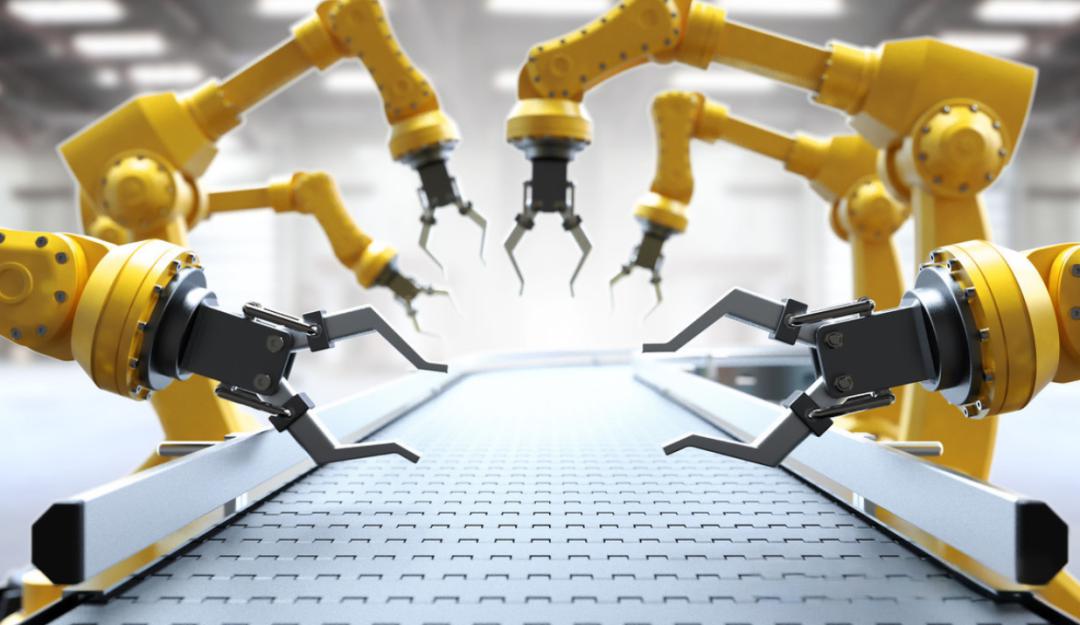- English
- Español
- Português
- русский
- Français
- 日本語
- Deutsch
- tiếng Việt
- Italiano
- Nederlands
- ภาษาไทย
- Polski
- 한국어
- Svenska
- magyar
- Malay
- বাংলা ভাষার
- Dansk
- Suomi
- हिन्दी
- Pilipino
- Türkçe
- Gaeilge
- العربية
- Indonesia
- Norsk
- تمل
- český
- ελληνικά
- український
- Javanese
- فارسی
- தமிழ்
- తెలుగు
- नेपाली
- Burmese
- български
- ລາວ
- Latine
- Қазақша
- Euskal
- Azərbaycan
- Slovenský jazyk
- Македонски
- Lietuvos
- Eesti Keel
- Română
- Slovenski
Aluminum in industrial applications
2025-03-21
In today's industrial field, aluminum occupies an important position with its unique properties and advantages, and is widely used in a number of industries, playing a vital role in promoting the development of industry.
Mechanical Manufacturing
1. Parts production: Aluminum is often used in machinery manufacturing to produce a variety of parts, such as gears, shafts, bearing housings and so on. Due to the relatively small density of aluminum, the use of aluminum manufacturing parts and components of light weight, which is important for reducing the overall weight of machinery and equipment, improve the operational efficiency of the equipment.

2. Mold manufacturing: mold is an important basic process equipment in industrial production, and aluminum has a wide range of applications in mold manufacturing. Aluminum has good processing performance and machinability, to meet the mold manufacturing process of shape accuracy and surface quality requirements.
Transportation
1. Automobile manufacturing: the body structure of the car can be made of aluminum alloy material, which not only reduces the weight of the body and improves the fuel economy of the car, but also enhances the strength and rigidity of the body and improves the safety performance of the car. The engine parts, chassis parts, wheels, etc. of the car can also be manufactured using aluminum, such as engine block, piston, connecting rod and other parts using aluminum alloy materials can reduce the weight of the engine and improve the power output of the engine.
2. Rail transportation: in the subway, high-speed rail transit vehicles such as manufacturing, aluminum also plays an important role. Rail transit vehicles need to have high running speed and carrying capacity, while also ensuring the safety and comfort of the vehicle. Aluminum's high strength, light weight and good corrosion resistance make it an ideal material for rail transit vehicle manufacturing.

3. Aerospace: the aerospace field has extremely high performance requirements for materials, and aluminum just meets the needs of this field. In aircraft manufacturing, aluminum is widely used in fuselage frames, wings, engine components and other critical parts. For example, advanced aluminum alloys are used extensively in the fuselage structure of Boeing 787 airliners, which have the advantages of high strength, light weight, corrosion resistance, etc., and are able to ensure the safety and reliability of the aircraft when flying at high altitude.
Energy
1. Solar Photovoltaic: In the field of solar photovoltaic, aluminum is used to manufacture brackets and frames for photovoltaic modules. PV modules need to be installed outdoors and exposed to sunlight and wind and rain for a long period of time, so it is necessary to use materials with good weathering and corrosion resistance. Aluminum's good weathering and corrosion resistance can ensure the stability and reliability of PV modules.
2. Wind power: In the field of wind power, aluminum is used to manufacture wind turbine blades and towers. The blades of wind turbines need to have high strength and stiffness, as well as good aerodynamic performance to improve the efficiency of wind power generation.
3. Nuclear power generation: In the field of nuclear power generation, aluminum also has certain applications. For example, in the cooling system of nuclear reactors, corrosion-resistant materials are needed to make pipes and valves. Aluminum is used to manufacture cooling system components for nuclear reactors because of its good corrosion resistance and its ability to resist the erosion of nuclear reactor coolants.




